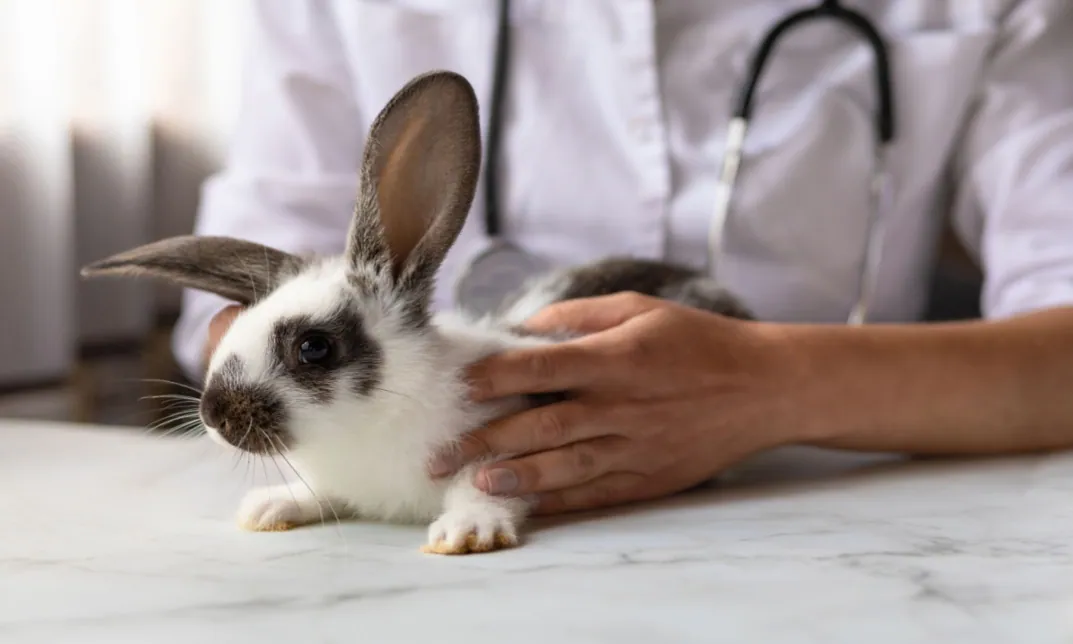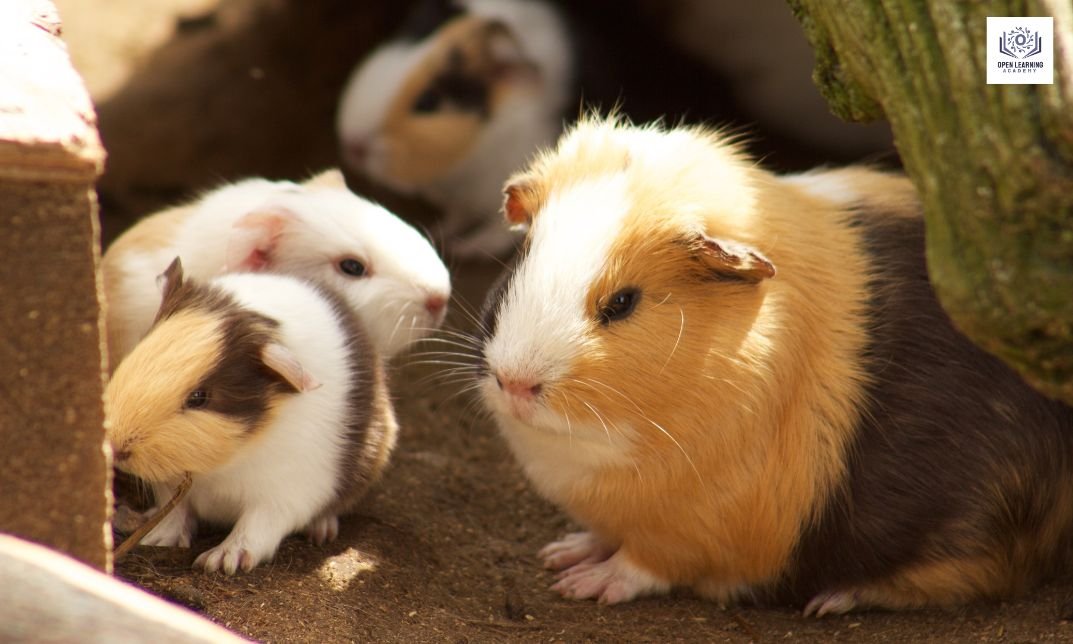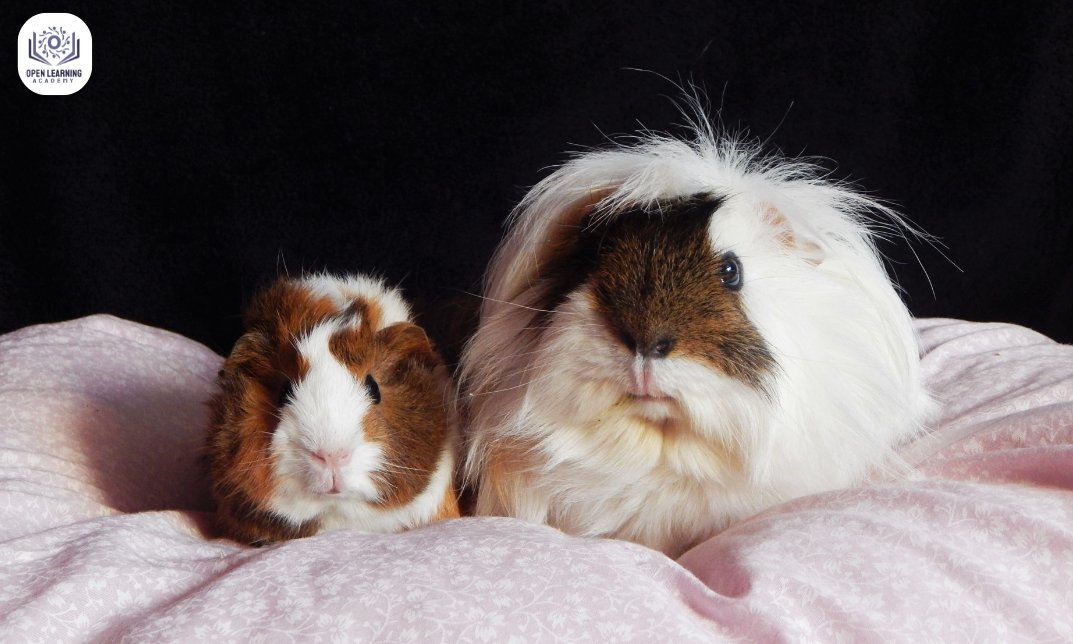No products in the cart.
Ever feel tempted to give your bunny a little nibble of bread? It might seem like no big deal, but your rabbit’s delicate digestive system wasn’t built for processed foods like bread. Let’s take a closer look at why this common human food is a bad choice for bunnies.
Can Bunnies Eat Bread?
The short answer is no. Bread is not a good food choice for bunnies, and offering it to them can lead to various health problems. Therefore, to keep your bunny healthy and happy, it’s important to know why bread isn’t suitable for them and what foods they should eat instead.
Why Bread is Unsafe for Bunnies
To begin with, bunnies have a very different digestive system compared to humans. They are herbivores, which means their bodies are designed to digest fibrous plant material. Grass, hay, and leafy greens are the ideal foods for them. Bread, however, is a processed food that contains ingredients not suited to their needs. Here’s why bread can be harmful:
- High in Carbohydrates: Bread is packed with carbohydrates, which bunnies don’t need in large quantities. A rabbit’s diet should mainly consist of fibre, not carbs. Excess carbs can upset their stomach and lead to digestive issues like bloating and diarrhoea.
- Low in Fibre: Fibre is essential for a rabbit’s gut health. Bread lacks the necessary fibre that helps keep a rabbit’s digestive system functioning properly. Without enough fibre, bunnies can suffer from a condition called GI stasis, where the digestive system slows down or stops entirely. This is a life-threatening condition that requires immediate veterinary attention.
- Contains Sugar and Additives: Many types of bread contain sugar, preservatives, and other additives. These can further harm a rabbit’s health, leading to obesity, tooth problems, and other long-term issues. Sugar, in particular, can disrupt the natural bacteria balance in a rabbit’s gut.
What Happens if a Bunny Eats Bread?
If your rabbit eats a small amount of bread, they may not experience immediate harm, but it can cause digestive discomfort. You might notice them becoming sluggish, or they might stop eating for a while. However, if a rabbit consumes bread regularly, the risks become more severe. Here are some potential consequences:
- Obesity: The high carb content in bread can quickly lead to weight gain in bunnies. An overweight rabbit will face mobility issues, joint problems, and heart stress.
- Digestive Problems: As mentioned earlier, bread lacks the fibre bunnies need for good digestion. This can lead to GI stasis, which is potentially fatal if not treated.
- Tooth Issues: bunnies’ teeth grow continuously, and they need to chew fibrous food like hay to keep their teeth healthy. Soft foods like bread don’t wear down their teeth, which can result in dental problems.

The Ideal Rabbit Diet
So, if bunnies can’t eat bread, what should they eat? A proper diet is essential for a rabbit’s health, and it should be based on their natural feeding habits. To ensure your rabbit stays healthy, here is a list of foods that are safe and beneficial for them:
- Hay: It is the most crucial part of a rabbit’s diet. In fact, about 80-90% of their daily intake should come from hay. Hay is rich in fibre, which helps keep their digestive system in check and prevents issues like GI stasis. Timothy hay, orchard grass, and meadow hay are all excellent choices.
- Leafy Greens: Fresh leafy greens, such as kale, romaine lettuce, parsley, and spinach, should make up a portion of their diet. These provide important nutrients and add variety to their meals. Be sure to offer them in moderation to avoid any digestive upset.
- Pellets: High-quality rabbit pellets can be a good supplement to their diet, but they should only be given in small amounts. Look for pellets that are high in fibre and free from added sugars and fillers.
- Vegetables and Fruits: Vegetables like carrots, bell peppers, and cucumbers are safe in small quantities. However, fruits such as apples and bananas should only be given occasionally, as they are high in sugar.
- Water: Clean, fresh water should always be available to your rabbit. Staying hydrated is crucial for their overall health and proper digestion.
Foods to Avoid
In addition to bread, there are several other foods that bunnies should never eat. To ensure your bunny stays healthy, avoid these harmful items:
- Chocolate: Chocolate contains theobromine, which is toxic to bunnies.
- Processed Foods: Anything processed, like chips or crackers, can disrupt their digestion.
- Dairy: bunnies are lactose intolerant, and dairy products can cause stomach upset.
- Onions, Garlic, and Leeks: These can damage a rabbit’s red blood cells and lead to serious illness.
- Nuts and Seeds: These are too high in fat and can cause digestive issues.
How to Treat a Rabbit That Ate Bread
If your rabbit eats bread by accident, don’t panic right away. However, it’s important to monitor their behaviour and health. If your bunny appears lethargic, stops eating, or shows signs of stomach pain, contact your vet immediately. GI stasis is a serious condition, and early treatment can make all the difference.
Even if your rabbit doesn’t show immediate symptoms, monitoring their diet closely after the incident is a good idea. Make sure they have plenty of hay and water to help move things through their system. It’s always better to be cautious when it comes to their health.
Conclusion
To sum up, bread is not a suitable food for bunnies and can lead to various health problems. A rabbit’s diet should be based on fibrous foods like hay, with fresh greens and a small number of pellets to ensure they get the right nutrients. By sticking to their natural diet, you can help your bunny live a long, healthy, and happy life.
Always be cautious about what you feed your rabbit, and avoid giving them human foods that could harm their sensitive digestive systems. Bread might seem harmless, but it poses real risks to their health. Therefore, stick to a proper diet, and your rabbit will thank you with their lively and joyful behaviour. Furthermore, to learn more about rabbit care, you can enrol in an Open Learning Academy course and become an expert in caring for your bunnies.





